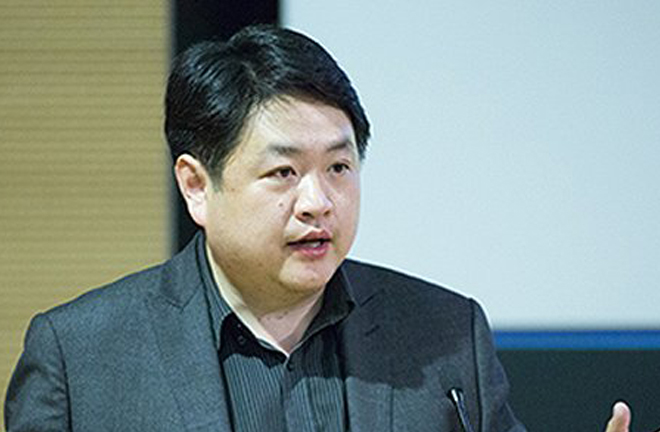LAN JIANG: China takes on new responsibilities amid climate of deglobalization
 As conservative parties come to the fore in one Western country after another, liberal intellectuals are heralding the coming of a populist age.
As conservative parties come to the fore in one Western country after another, liberal intellectuals are heralding the coming of a populist age.
Populist trends in Western countries, as viewed by mainstream intellectuals, indicate that party leaders blindly ingratiate themselves to the public by abandoning rational reflection on political decision-making and tailoring their political doctrines to the will of the “crowd.” However, can we summarize Brexit and the rise of the National Front in France as the victory of populism?
The answer is no. When the United States was enthusiastic about expanding the “Washington Consensus” throughout the world, the alternative was trade protectionism rather than populism. Opposition to populism is elitism or oligarchy. Mainstream intellectuals viewed Trump’s campaign as an appeal to populism, which means the policies of previous governments were inclined to elitism and alienation from the masses.
The real question is, will the United States continue on the path of globalized financial capitalism or will it adopt a protectionist stance? The United States has taken the first road for more than two decades, during which Wall Street made great fortunes as real industries declined. What Trump opposes is not capitalism itself but rather expansionist financial capitalism. Trump is attempting to limit the development of capitalism to within the scope of the United States.
Therefore, Trump’s “America First” policy is not a new idea, but an old theory put forward by Karl Marx in his analysis of international markets. The expansion and contraction in the development of capitalism was also later discussed by Joseph Schumpeter and John Keynes. In other words, the development of capitalism is, in essence, a tension between two opposing tendencies.
In pursuit of maximum profit, capitalism will expand its reach to every corner of the world. In 1910, Rudolf Hilferding stated in Finance Capital that finance capital has replaced industrial capital as the major means by which capitalism expands globally.
Contraction, another form of capitalist movement, has been neglected by the majority in the past two decades. Some Western theorists noticed at the end of last century that capitalism, when its expansion progresses to a certain stage, will pull itself out of the developing countries that depend on it. The fundamental logic of financial capital as it expands to developing countries is self-protection rather than safeguarding the prosperity of these countries. When risks arise, capital will flee immediately. Financial deregulation and high tariffs, as advocated by politicians in some developed countries, are contraction policies adopted by global capital when dealing with domestic difficulties.
Expansion and contraction have always been the two currents that exist simultaneously within capitalism. Trade protectionism is nothing but a balancing strategy adopted to address overexpansion that conforms to the periodic trends of capitalism and aims to rescue the decline of industrial capital.
Against the background of deglobalization, China is dedicated to promoting economic globalization, initiating the “Belt and Road” strategy and establishing communities of interest, destiny and responsibility. China courageously takes on the responsibility of promoting authentic globalization.
Predatory global capitalist expansion results in dependent development and global inequality, while trade protectionism strengthens inter-state barriers. The globalization advocated by China should oppose predatory capitalist globalization and aim to promote an equal international order.
Deglobalization will not halt the progress of economic globalization. The idea of a community of common human destiny will also provide new opportunities for China to demonstrate confidence in the institutions, paths, theory and culture of socialism with Chinese characteristics.
Lan Jiang is a professor from the Philosophy Department at Nanjing University.

 PRINT
PRINT CLOSE
CLOSE